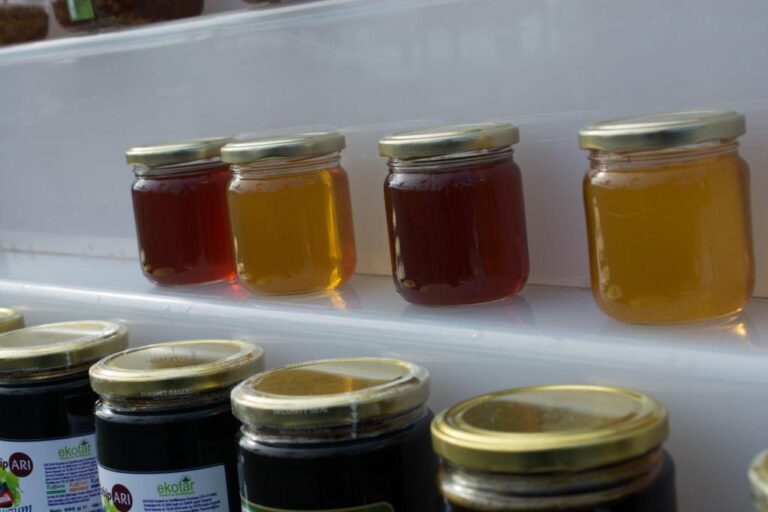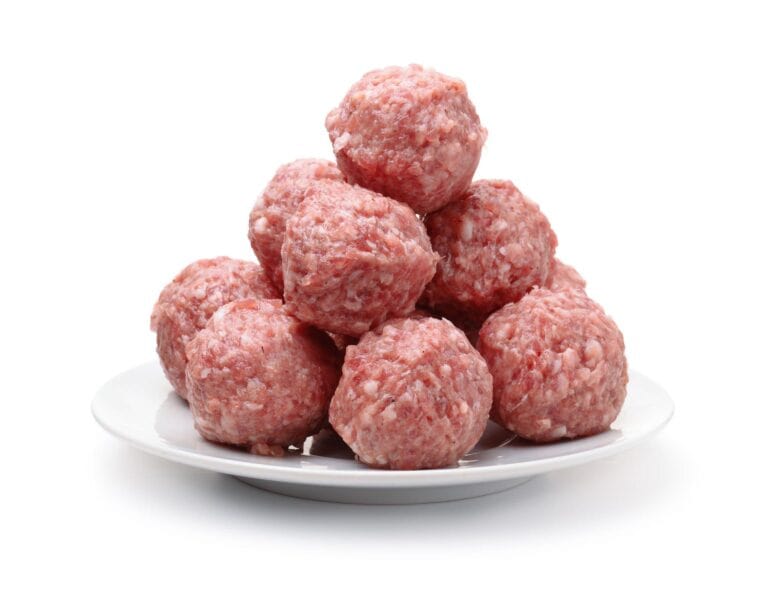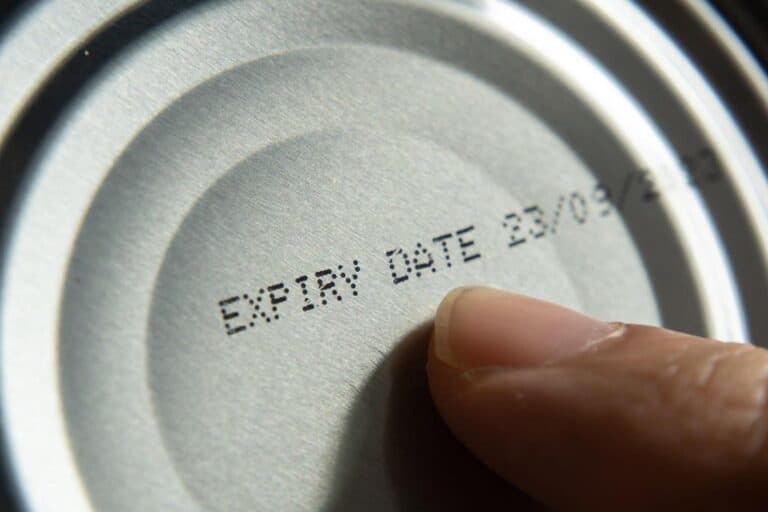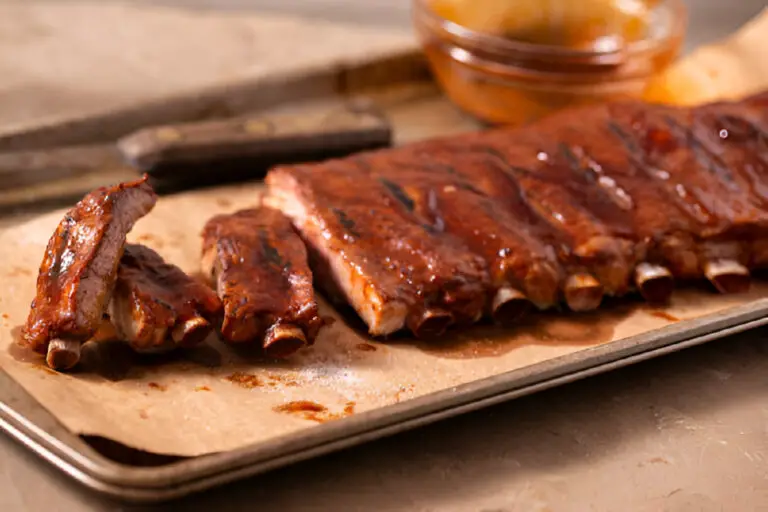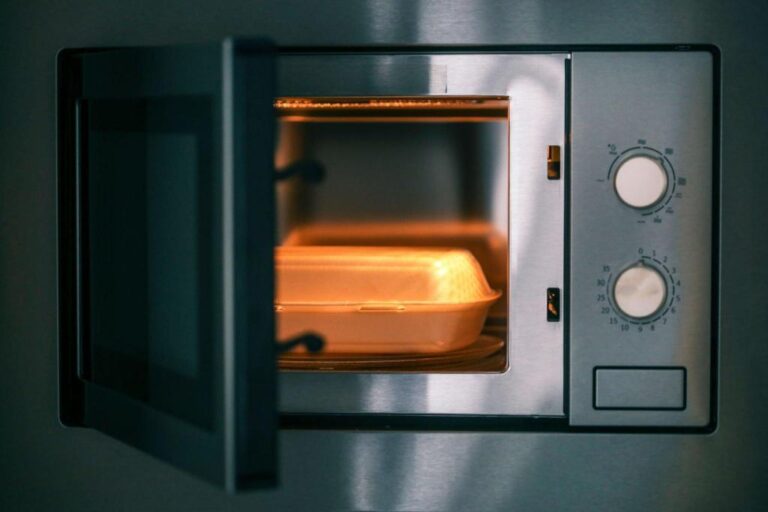Can You Eat Zucchini Seeds and Skin? Should You Peel It Off?
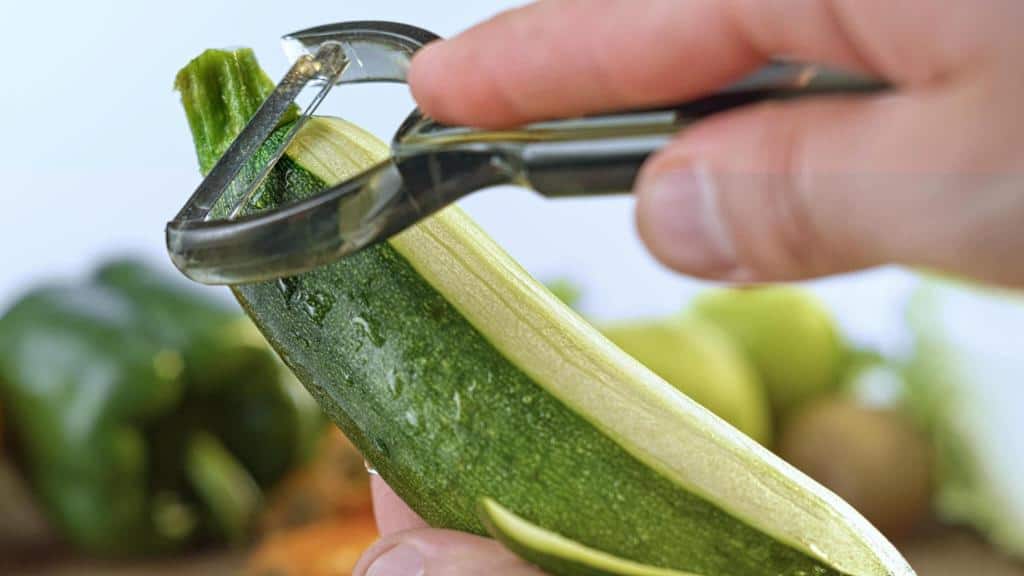
Zucchinis are vibrant green summer squashes. They grace our gardens and farmers’ markets. They are undoubtedly versatile. From hearty stews to sautéed side dishes, zucchinis never fail to add a nutritious punch to our meals. But have you ever wondered about the often-overlooked parts of this humble veggie—its seeds and skin? Are they just mere accompaniments or culinary afterthoughts?
Well, prepare yourself for an eye-opening exploration as we dive into the world of zucchini seeds and skin. Many of us add these vegetables to our recipes. But, their nutritional benefits go beyond their flesh.
Zucchini seeds boast a rich array of minerals and healthy fats that may surprise you. And let’s not underestimate the power of its emerald-green skin. It’s packed with fiber, vitamins, and antioxidants. They are just waiting for us to discover their full potential.
So, before you reach for your peeler or ignore those tiny specks in your next dish, let’s shed light on whether eating zucchini seeds and its plain skin are worth it.
In this article, we will delve deep into the edibility factor: Can you eat zucchini seeds without worry? Is it safe? We will explore whether consuming them provides any added health benefits or if it’s simply a matter of personal preference. Also, we’ll explore the much-debated question: Should one peel off the zucchini skin before cooking or devouring these succulent summer squashes whole?
Is It Safe to Eat Zucchini Seeds?
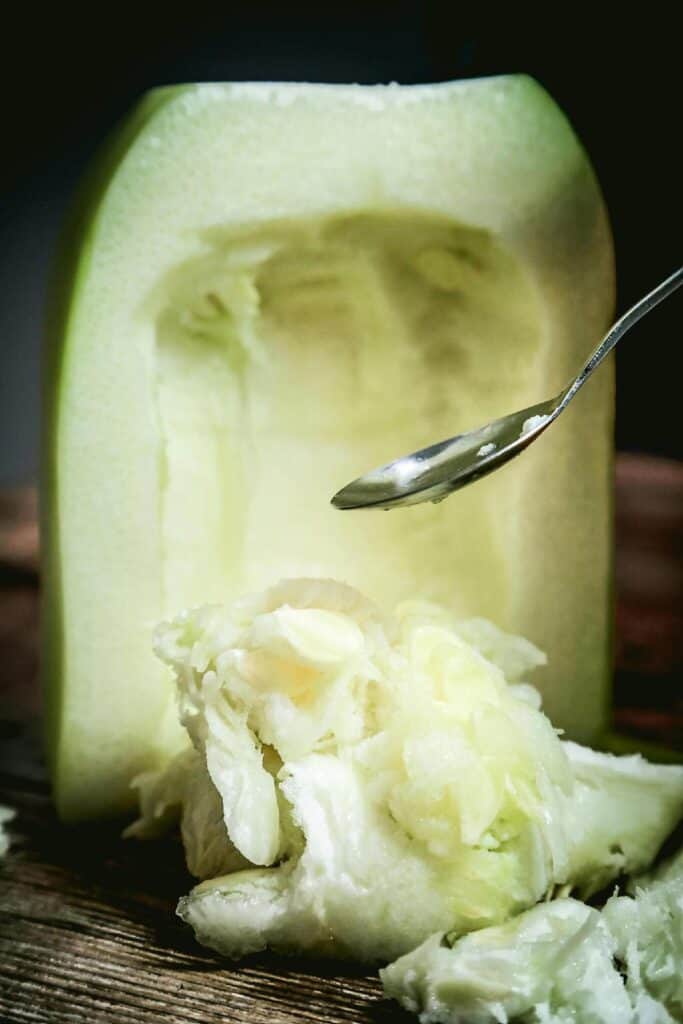
There are several myths and misconceptions surrounding the safety of eating zucchini seeds. Some people believe that consuming these seeds can be toxic or harmful to their health. These people said it is better to remove zucchine seed before cooking for the sake of safety. However, it is important to note that these fears are largely unfounded.
One reason why some individuals may harbor concerns about seed toxicity is due to a compound called cucurbitacin. Cucurbitacin is in zucchini plants in small amounts. It acts as a natural defense against pests. In higher concentrations, cucurbitacin can cause bitterness and an unpleasant taste. This has led to the belief that consuming too many zucchini seeds can be toxic.
However, it’s worth noting that the amount of cucurbitacin in cultivated varieties of zucchini is usually very low and not considered harmful for human consumption. The bitterness associated with high levels of cucurbitacin mainly occurs when consuming wild or unripe varieties of squash.
Moderate consumption of zucchini seeds is generally safe for healthy individuals. In fact, the majority of commercially available varieties have very mild-tasting seeds that are often enjoyed raw or cooked as part of various dishes.
Nutritional Benefits of Zucchini Seeds
Zucchini seeds may be small, but they pack a punch when it comes to nutritional benefits. These tiny powerhouses are rich in several key nutrients that can contribute to a healthy diet.
For starters, zucchini seeds are an excellent source of dietary fiber. Just a few of these seeds have lots of fiber. Fiber is key to gut health and preventing constipation. Also, the fiber in zucchini seeds helps you feel full for longer. It promotes satiety and aids in weight management.
Zucchini seeds have protein. They are a great choice for plant-based or vegetarian diets. This is in addition to their fiber. Protein is essential for building and repairing tissues in the body and plays a vital role in supporting immune function.
Moreover, zucchini seeds are packed with vitamins and minerals. They contain a lot of vitamin E, which functions as an antioxidant and aids in preventing cell damage from free radicals. Zucchini seed also has minerals. These include magnesium and zinc. They play crucial roles in bodily functions like energy metabolism, the immune system, and cell growth.
| Read: Raw Zucchini vs. Cooked Zucchini: Which One Is Healthier? |
Can You Eat Zucchini Skin?
Zucchini, a versatile and nutritious vegetable, is often enjoyed in various dishes due to its mild flavor and tender flesh. But what about the skin? Can you eat zucchini with the skin intact, or should you peel it off before consuming it?
Yes, eating zucchini with the skin on can give extra nutrients. It can even enhance your cooking. However, there are also concerns related to pesticides that need to be considered.
One of the main reasons why it’s beneficial to eat zucchini skin is because it contains a significant amount of dietary fiber. Fiber plays a crucial role in maintaining digestive health by promoting regular bowel movements and preventing constipation. By leaving the skin on, you’re increasing your intake of this essential nutrient. Also, zucchini skins are rich in antioxidants. These include carotenoids, which are linked to reducing body inflammation and protecting against chronic diseases, like heart disease.
Pesticide-Related Concerns on Zucchini Skin
While zucchini skins offer nutritional benefits, it’s important to address pesticide-related concerns as well. Conventionally grown produce may have traces of pesticides present on its surface, including on its skin. Therefore, if you decide to consume unpeeled zucchinis regularly, opt for organic varieties whenever possible, or thoroughly wash them under running water while gently scrubbing with a brush to remove any potential residue.
By taking these precautions, you can avoid pesticide exposure from non-organic produce. It specifically affects the skins. So, eating unpeeled zucchinis is safer overall.
Should You Peel Zucchini Skin Off or Leave It Intact?
The debate on whether to peel off the skins of zucchinis is a subject that sparks differing opinions among culinary enthusiasts and health-conscious individuals.
On one hand, some argue that peeling the skins is necessary as they can sometimes possess a bitter taste or tough texture. Also, removing the skin ensures that any pesticides or contaminants on the surface are eliminated. However, others maintain that leaving the skins intact provides added nutritional benefits and enhances both flavor and visual appeal.
Advocates for peeling zucchini argue that eliminating the skin addresses concerns about pesticide residues. It’s true that conventionally grown zucchinis may have been exposed to pesticides during cultivation. By removing the skin before consuming them, you eliminate any potential contamination risk associated with these chemicals. Additionally, peeling can help reduce any possible bitterness in certain varieties of zucchinis, ensuring a more pleasant dining experience.
However, those who want to leave zucchini skins on say it has many benefits. They say this from both cooking and nutrition views. Zucchini skin adds vibrant color to dishes like stir-fries and salads while also contributing a slight crunchiness to recipes where soft ingredients dominate textures. When cooked right, these unpeeled slices keep their shape. They make a nice contrast next to other vegetables or proteins.
When it comes to nutrition, it is important to know that the outside of the zucchini has a lot of important vitamins and minerals. For example, the green peel of this fruit contains a lot of dietary fiber. This fiber helps keep your digestive system healthy by supporting regular bowel movements and gut flora balance. Moreover, leaving it on the skin preserves additional nutrients such as vitamin C and various antioxidants linked with anti-inflammatory properties.
| See also: What kinds of zucchini flowers can you eat and how to cook them? |
Culinary Uses for Zucchini Seeds and Skin
People often overlook zucchini seeds and skin in the kitchen. But, they offer many culinary possibilities that can
One creative way to incorporate zucchini seeds is by using them as a delicious, crunchy topping for salads or roasted grilled vegetables. Just wash the seeds. Toss them with a bit of olive oil and your favorite spices, like salt, pepper, or paprika. Then, spread them on a baking sheet and roast until golden brown. The result is a nutritious and flavorful addition that adds texture and depth to your meal.
Another great use for zucchini skin is as an ingredient in vegetable broth. Instead of throwing away the skins after peeling the zucchinis, save them to make homemade broth.
Simmer the skins with other vegetable scraps, like onion peels, carrot tops, and celery stalks, in water for about 30 minutes. This extracts their vitamins and minerals. This fragrant broth can be used as a base for soups or stews or even enjoyed on its own as a warm, comforting drink.
Conclusion: To Eat or Not to Eat Zucchini Seeds and Skin
After looking at their edibility, nutrition, risks, and uses, it is clear that both parts of zucchini seeds and skin can be safely eaten. However, whether one should eat them or peel them off ultimately comes down to personal preference.
Zucchini seeds offer a good source of fiber and essential nutrients like protein, healthy fats, vitamins B6 and E, magnesium, zinc, and iron. They also add a unique texture to dishes such as salads or stir-fries. On the other hand, some individuals might find the slightly bitter taste of the seeds unappealing.
Leaving zucchini skin provides more fiber. It also makes it look better and keeps vital nutrients, like vitamin C and potassium. Some argue that peeling off the skin reduces exposure to pesticide residues. This is for those worried about environmental contaminants. However, rubbing or washing thoroughly before consumption can minimize any potential risk from pesticides.

